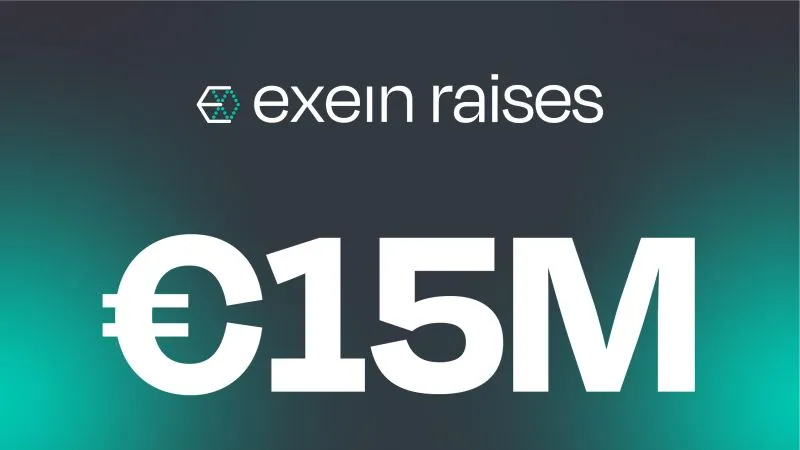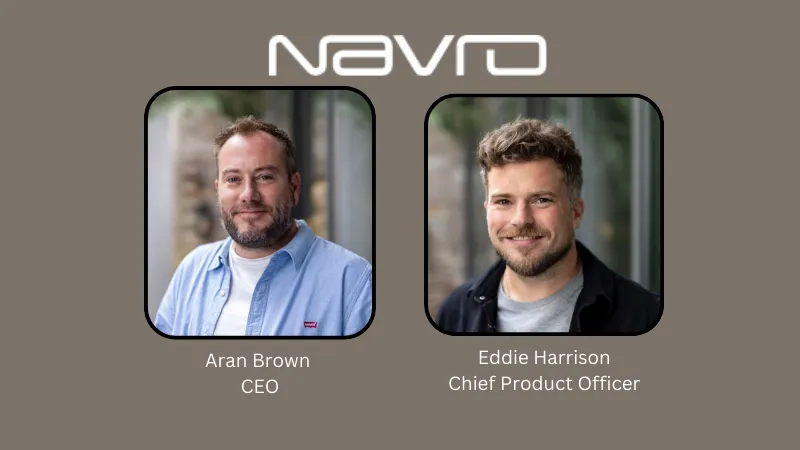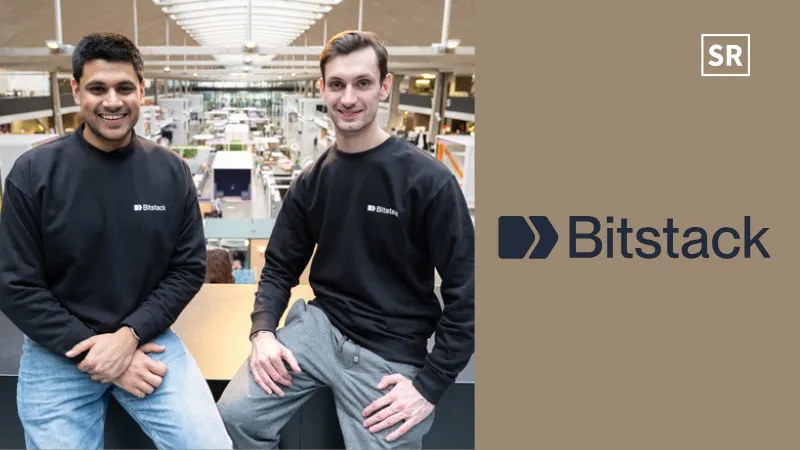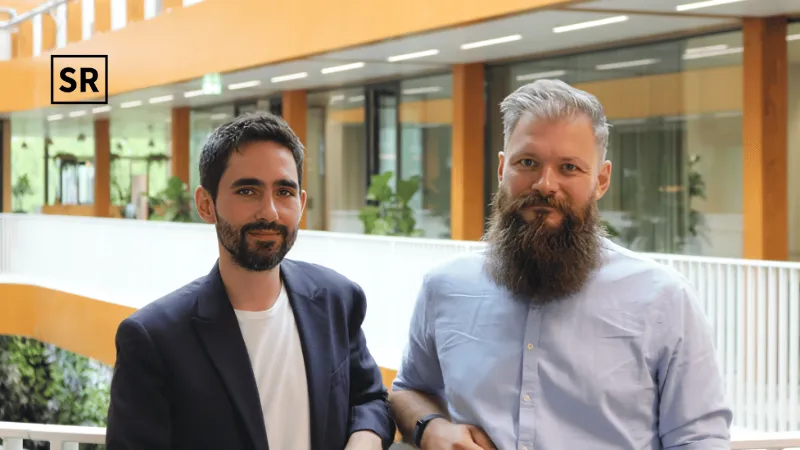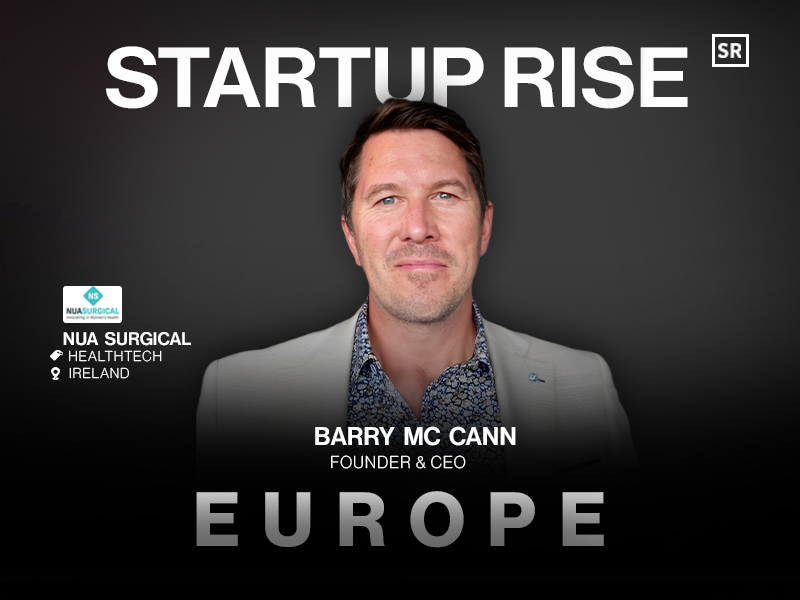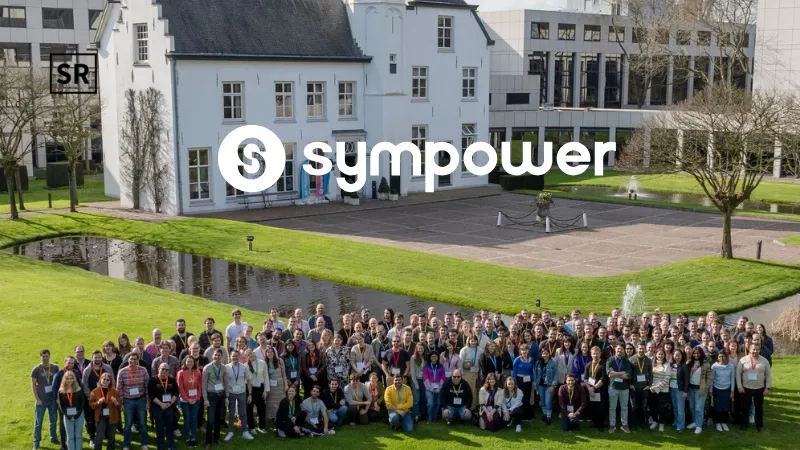The Inspiring Journey of Revolut Founders Nik Storonsky and Vlad Yatsenko
Sep 29, 2025 | By Kailee Rainse
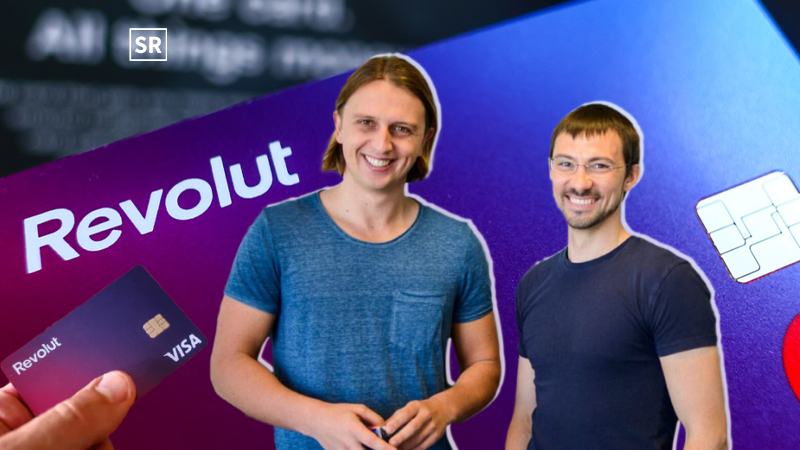
Building a Fintech Empire from Scratch
Among the rapidly changing landscape of the UK fintech startup ecosystem, there are few tales of entrepreneurial spirit and invention as engaging as that of Revolut. Founded by two immigrants who reframed their own personal frustrations into a new global brand, Nik Storonsky and Vlad Yatsenko have seen the highs and lows that come with the rollercoaster of entrepreneurship.
Their journey from working at one of London’s financial centres to managing a start-up worth $45 billion reflects the determination needed to destabilize financial institutions that depended on 'the bank' to compose the use of money by the public . The story illustrates that success is fueled by a vision to put Revolut at the heart of life's complexities which was well supported by their competence to remix failure, leading Revolut to their potential despite a pervasive degree of uncertainty.
Early Lives and Paths to London
Revolut's origins are rooted in the co-founders' dissimilar backgrounds and their Eastern European heritage, along with the desire to step outside the box.
Nik Storonsky's Beginnings
Nick Storonsky was born in 1984 in a small town near Moscow, into a family of science and energy. His father was a senior employee in Gazprom's research institute, which started an early interest in economics and business, which Storonsky began to learn about from books as young as six. Storonsky was also a skilled sportsman in boxing and swimming, and he was able to balance both sports and studies, all the way to achieving a master's of physics from the Moscow Institute of Physics and Technology. He later pursued finance studies at the New Economic School, blending scientific rigor with economic insight.
At age 20, Storonsky moved to the UK in 2004, seeking broader opportunities. He soaked in London's trading milieu, entering as an equity derivatives trader at Lehman Brothers from 2006 to 2008 before continuing his advancement at Credit Suisse until 2013. These few years developed a sharp sense for market inefficiencies, while also exposing him to the constraints of legacy finance that would ignite his entrepreneurial spirit later on.
By 2022, Storonsky had given up his Russian citizenship to take a stand against geopolitics, embracing British and French citizenships as emblems of his adopted homes.
Read also - Sports Impact Technologies: The Startup Protecting the Future of Sport with Smart Sporting Goods
Vlad Yatsenko's Background
Born in East Germany to Ukrainian parents in 1983, Vlad Yatsenko came into the world at the time the borders were changing. He grew up in Ukraine and developed a love for technology, eventually becoming a professional software engineer focusing his skill on core banking systems. He has held jobs at a number of major institutions including UBS and Deutsche Bank, where he built complex financial software. Yatsenko's dual British-Ukrainian citizenship reflected his nomadic path, eventually leading him to London in the early 2010s.
Like Storonsky, Yatsenko thrived in the city's multicultural fintech scene, but he too grew disillusioned with outdated banking tech. His knowledge of scalable systems made him uniquely suited to ride the digital wave that was coming, turning all previously theoretical frustrations into practice.
Read also - From physical classrooms to Digital AI-based classes- How Evulpo modernised the concept of tutoring
A Shared Frustration
In 2014, Storonsky and Yatsenko found themselves together in a competitive financial district in London. As immigrants in high-pressure jobs, they connected through a unique form of shared suffering: foreign currency exchange fees that banks charged when traveling abroad. At the time they viewed it only as a nuisance, paying up to 3% more for every currency exchange transaction.
But that experience sparked perceptions of much larger issues with the global financial system. Together, they had the same realization that led to their vision for a peer-to-peer transactional platform that was borderless and without fees, paving the way for the partnership that would eventually change digital banking as we know it.
Read also - Tern Group: Empowering Global Healthcare through AI-Native Workforce Mobility
From Idea to Launch
By July 2015, the two had launched Revolut out of a small incubator in Canary Wharf. The initial product was straightforward but original: a prepaid Mastercard that connected with a mobile app to allow users to hold and spend in various currencies at interbank rates in over 90 countries. Storonsky put £300,000 of his personal savings into the business, and Yatsenko created the technical backbone that would insert all the features, ensuring the app would give users notifications and real-time information on usage.
They then received a round of seed funding for £1.5 million in only a few months, confirming their idea in the marketplace. From their very first day, the focus from Revolut was on the mobile generation, who had become fed up with the old-fashioned and clunky legacy bank app and services, as well as a straightforward and minimalist design that made finance intuitive not intimidating.
Early Challenges and Bootstrapping
The startup stage challenged their determination. With few resources available, the team was lean and faced the traditional challenges confronting any UK fintech bootstrap - hiring talent, iterating on a minimum viable product, and demonstrating traction to skeptical investors. In 2016, a Series A round raised £6.75 million, but the growth pains came fast. User numbers grew to 300,000, processing nearly £1 billion in transactions, but the pressure was on to grow rapidly, while preventing compromise to security.
Technical issues became apparent, including a substantial outage for a card processor in 2017 that temporarily prevented payments for thousands. This exposes the weakness and vulnerabilities of their embryonic infrastructure. It led to long nights and quick pivots as the founders tried to weigh user trust with aggressive timelines.
Breakthrough Moments and Rapid Growth
Momentum built in 2017 with a Series B infusion of $66 million, enabling expansions into business accounts and Asian markets. User sign-ups exploded past one million, fueled by a clever referral program that gamified growth—offering perks like exclusive access to drive viral adoption. By 2018, Revolut secured an EU banking license through the Bank of Lithuania, unlocking deposits and credits, and raised $250 million to hit unicorn status at $1.7 billion valuation.
Product innovation became their edge. The introduction of cryptocurrency trading in 2017 capitalized on the emerging trend, while commission-free stock trading access on the biggest exchanges in 2019 attracted more and more investors to the app. Overall, these decisions turned Revolut upside down in terms of revenue growth, transforming the app from a travel tool to a multi-faceted platform, tripling their user base to three million in less than a year.
Navigating Storms: Regulatory and Operational Hurdles
Every fintech journey is examined and analyzed, and Revolut's journey was not any different. After three long years, a full UK banking license was awarded in 2024, although it was granted with restrictions - a "mobilization" period. Regulatory obligations across countries - from EU compliance to partnerships in the US - required ongoing navigation, delaying launches and requiring every resource available.
Operational issues added to the challenges.In 2022, a data breach impacted the information of 50,000 users. Revolut did not lose any funds associated with the breach, but questions surrounding its Pocket Square and the trust aspect were raised. In 2024, Revolut was regarded as the leader in fraud complaints in the UK and calls for added regulation of Revolut ensued. There were internal disciplinary problems related to the hyper-growth in reports of burnout and rapid turnover due to staffing up to over 10,000 employees by late 2024.
A Legacy in Progress
The ongoing Revolut story of Nik Storonsky and Vlad Yatsenko is an incredible case study in taking hardship and pivoting it into opportunity. They built a fintech behemoth, starting with an idea in 2014 and eventually leading into a new type of company, of which we still do not know the future, by 2025. Their story embodies all the highs and lows an entrepreneur lives. They built more than a business; a movement that intends to redefine how we think about money and how we manage it in the world.
While Revolut pushes the money function, their founders have remained dedicated to their original vision of making the world of finance fairer, faster and borderless. For entrepreneurs based in the UK or anywhere else for that matter, this story is an inspiration—an idea that your vision, perseverance, and tenacity can change the way the world works and create an enduring legacy.


 Follow us
Follow us Follow us
Follow us